Watering your garden is a critical aspect of plant care, and the timing of your watering can significantly impact your plant's growth and health. While there are no hard and fast rules when it comes to watering, some general guidelines can help you determine the best time to water your garden.
In this article, we'll discuss the best time to water your garden.

Read Next
When Is The Best Time To Water Plants?
With plants, the best time to give them water is in the morning, as early as you possibly can. For one who is an early riser, this should be an advantage. You can make your garden's needs part of your early morning routine.
Why is this the best time to water the plants, one may ask? The answer is simple. The sun has yet to show itself, so the temperature remains cold. In the absence of sunlight, water could seep into the soil. It can get down to your plant's root systems without evaporating.
Water In The Morning
Watering your garden in the morning is generally the best time to water your plants. During the morning hours, temperatures are cooler, and the sun is less intense, which means that less water will evaporate before your plants can absorb it.
Additionally, watering in the morning allows the plants to dry off before nighttime, which can help to reduce the risk of fungal diseases. When you water in the morning, aim to water the soil around the base of the plants rather than the leaves. Watering the leaves can increase the risk of fungal diseases, especially if the leaves remain wet for an extended period.
Water Deeply
Watering your plants deeply and thoroughly is essential for promoting healthy root growth and ensuring that your plants receive enough water to thrive. Deep watering encourages the roots to grow deeper into the soil in search of water, which makes them more resilient to drought conditions.
When you water deeply, aim to saturate the soil to a depth of at least 6 inches. You can check the soil moisture level by inserting a finger or a moisture meter into the soil to ensure that it is moist to the touch.
Generally, it's better to water your plants deeply and less frequently rather than giving them frequent shallow watering. This will help to ensure that the water reaches the entire root zone of the plant.
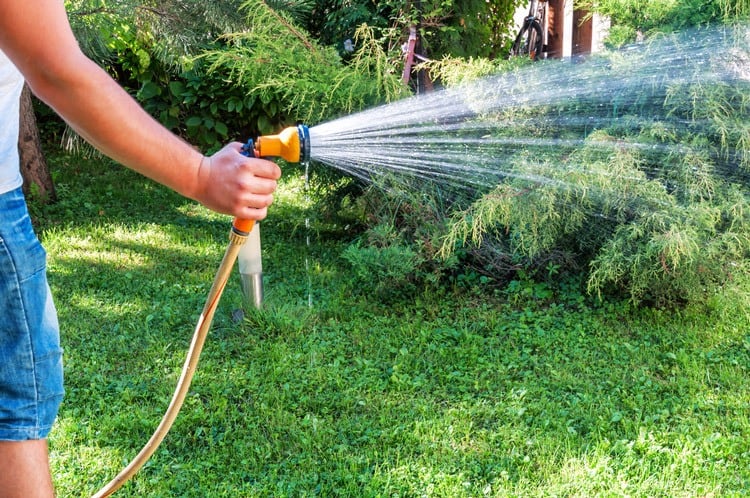


Avoid Watering In The Afternoon
Watering your garden in the afternoon is generally not recommended, as the sun's heat can cause the water to evaporate quickly, and the leaves of your plants can become scorched.
If you must water in the afternoon, try to do so in the shade or use a watering system that delivers water directly to the soil rather than spraying it over the leaves. If you do water in the afternoon, aim to do so when the temperatures are cooler, such as during a cloudy or overcast day.
Water In The Evening As A Last Resort
Watering your garden in the evening is generally not recommended, as the leaves of your plants can remain wet overnight, which increases the risk of fungal diseases. However, if you can't water your garden in the morning or afternoon, watering in the evening is better than not watering at all.
If you have to water in the evening, aim to do so at least two hours before sunset to allow the leaves of your plants to dry before nighttime. Additionally, avoid watering the leaves and instead focus on watering the soil around the base of the plants.
Use a watering system that delivers water directly to the soil rather than spraying it over the leaves.
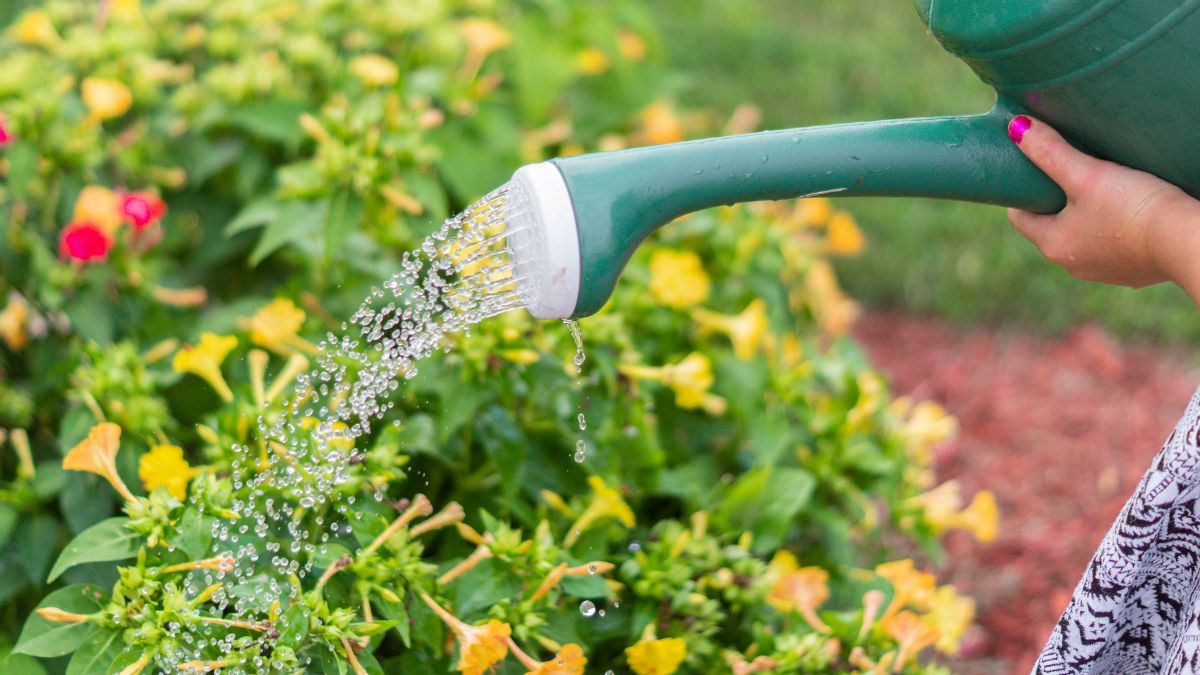


One Garden Myth... Busted!
Old-school gardeners still maintain that watering plants in the morning is wrong. They claim this isn't the best time to water the garden. They say it will cause the plants to scorch or dehydrate. They believe that water droplets on the leaves will act as magnifying glasses. This will cause the plant leaves to burn when exposed to the sun.
Is this true, or is this just an old wives' tale? In reality, it could happen but very unlikely. No climate in the world could get near enough of the required heat.
Enough to make those water droplets do such burning. If this happens, gardeners worldwide should all be aware of such danger. Unfortunately, there's no feedback on this ever happening.
Watering Tips
Watering your garden is a critical aspect of plant care, and doing it right can help your plants thrive and produce a bountiful harvest. Here are some tips for watering your garden:
Pay special attention to the plant's roots.
The roots are the source of all your plant's life, and it is here where you should direct the water. Watering the leaves too much might promote the spread of disease.
Water your plants only when needed.
Always monitor the weather reports. Reduce your watering frequency when there's a forecast of abundant rainfall. Either way, too much or too little water could be bad for your plants.
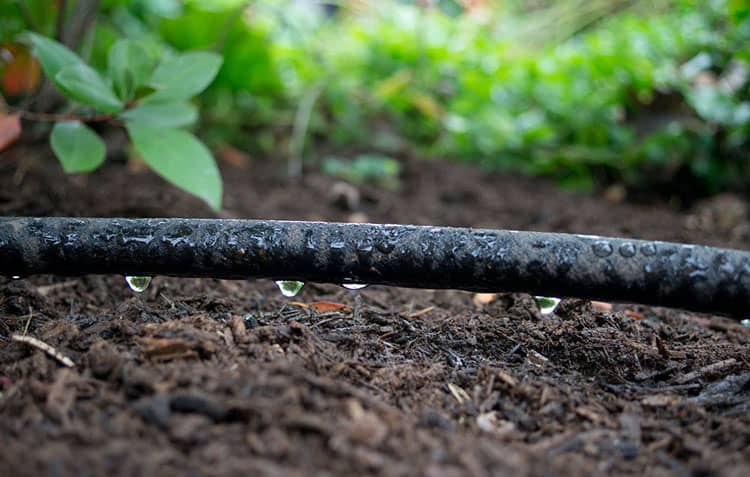


Never overwater your plants.
Over-excited gardeners mistakenly over-water their plants. That could be very damaging and disastrous. Too much water or too little of it will kill your plants. There are some signs that your plants are being overwatered.
The leaves become limp or soggy. You may notice rotting of the root or stem level. Finally, the tips of the leaves will start to brown.
Consistently water your plants.
Usually, giving plants an inch of water weekly is the standard rule. But like most rules, this one can be flexible. This is because some plants prefer more water while others thrive better with less. Some can even survive with barely any water. Do some research work to determine the requirements of your plant's water needs.
Depending on your plants, you may need to water sections of your plants differently. Sometimes common sense dictates the necessity. You probably will need no watering after heavy rainfall, maybe for a week. On the other hand, if it hasn't rained for months, the logical thing to do is give your plants some water love.
Mulching is important.
Mulch is a material made of decaying bark, leaves, or compost. You usually spread it around or over a plant to enrich or insulate the soil. Mulch will reduce surface runoff. More importantly, it slows down the evaporation of water from the soil.
Conclusion
In summary, watering your garden in the morning is generally the best time to water your plants, as temperatures are cooler and the sun is less intense. Water deeply and thoroughly, and avoid watering in the afternoon, as the sun can cause the water to evaporate quickly and damage your plants.
If you must water in the afternoon, do so in the shade or use a watering system that delivers water directly to the soil. If you can't water in the morning or afternoon, water in the early evening as a last resort, being careful not to water too late.
By following these guidelines, you can help to ensure that your plants receive the water they need for optimal growth and health.

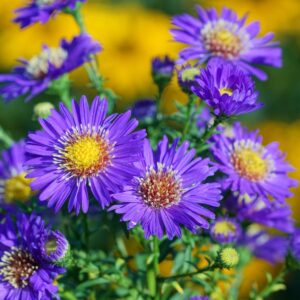
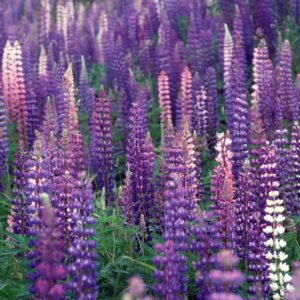
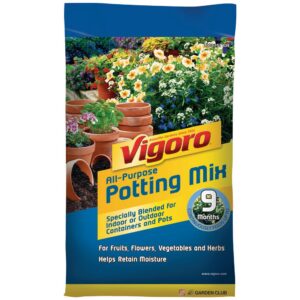
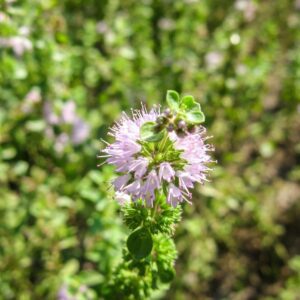
Comments
No Comments